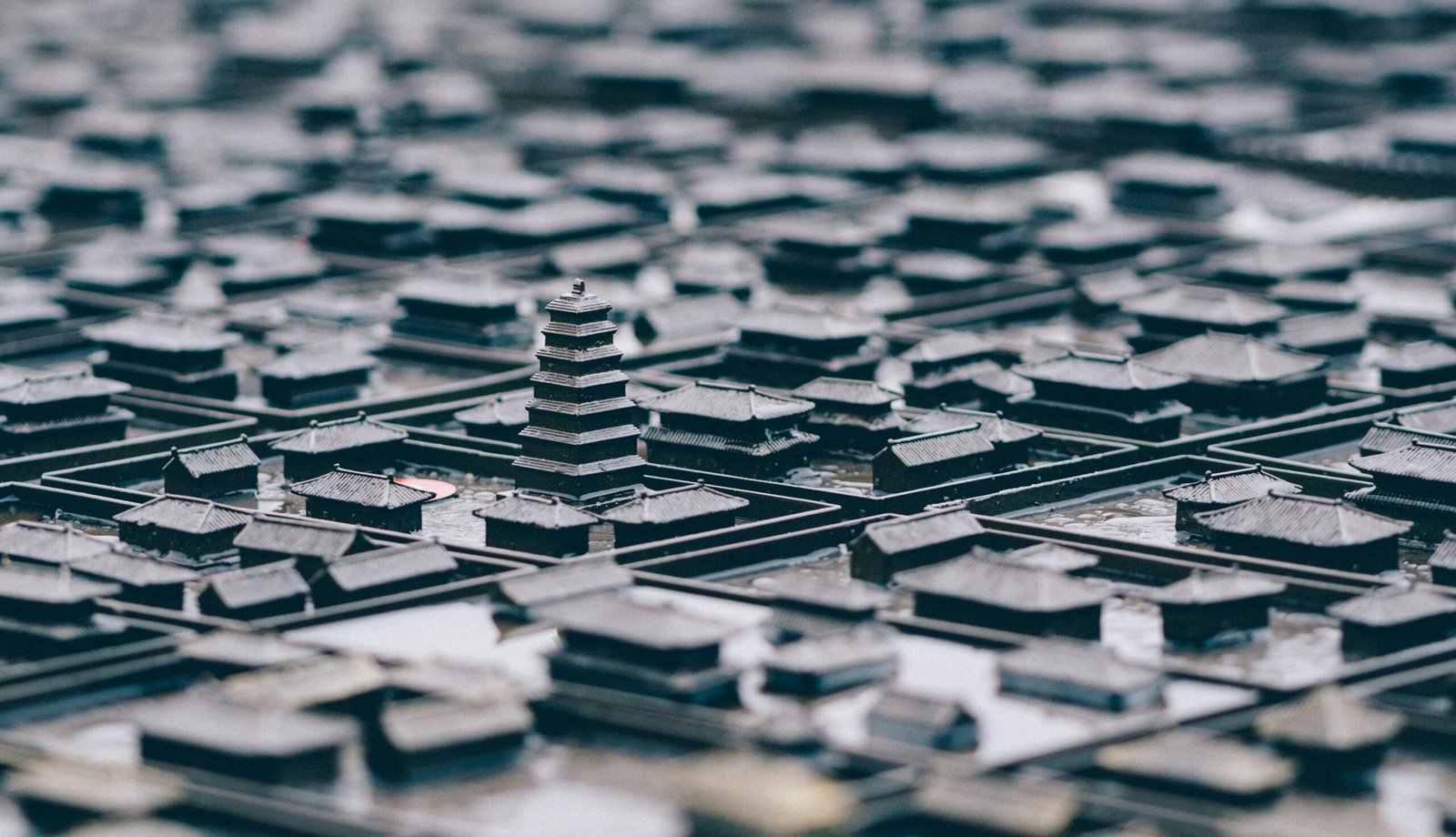Vision and Goals for Dubai 2025
As Dubai positions itself as a leading global city of the future, the vision for 2025 reflects an ambitious roadmap that is aimed at achieving significant socio-economic advancements. Central to this vision is the Dubai 2040 Urban Master Plan, which outlines a sustainable urban development strategy designed to enhance the city’s infrastructure, living standards, and overall quality of life. The plan encompasses initiatives that prioritize green spaces, public transportation, and improved residential areas, ensuring that development meets the needs of a diverse and growing population.
One of the key objectives of Dubai’s strategic plans is the promotion of sustainability. With an increasing awareness of environmental challenges, the city seeks to implement eco-friendly practices across various sectors. This includes the integration of renewable energy sources, which will play a crucial role in reducing the carbon footprint of urban activities. Furthermore, the development of smart infrastructure through advanced technologies is intended to optimize resource management and enhance operational efficiency in energy use and waste disposal.
Dubai’s commitment extends to fostering a diversified economy that prioritizes innovation across various industries, with a particular focus on tourism, transport, and healthcare. By leveraging technological advancements, the city aims to create a resilient economic environment capable of adapting to global shifts and trends. The government has outlined initiatives to enhance digital infrastructure, ensuring widespread access to high-speed internet and creating a conducive environment for startups and tech companies.
In line with these aspirations, Dubai aims to cultivate a vibrant cultural landscape that attracts international events and encourages local participation. As part of the broader vision, investments in heritage sites, entertainment facilities, and recreational spaces are designed to promote social interaction and cultural exchange. Through these comprehensive strategies, Dubai is set to embark on a transformative journey toward becoming the city of tomorrow, today.
Technological Innovations Shaping Dubai
As Dubai progresses toward its ambitious vision for 2025, technological innovations play a pivotal role in shaping the city into a global hub of digital transformation. The implementation of artificial intelligence (AI) across various sectors is at the forefront of this evolution. The Dubai government has established initiatives to incorporate AI tools that enhance efficiency, improve public services, and drive economic growth. This strategic emphasis on artificial intelligence not only aims to augment existing infrastructure but also to reconfigure urban living through intelligent decision-making processes.
The Internet of Things (IoT) is another key component contributing to Dubai’s metamorphosis into a smart city. By connecting devices, sensors, and systems, IoT solutions facilitate data collection and analysis in real-time. This results in better resource management and streamlined public services, such as traffic flow regulation and energy efficiency measures. The city is further investing in IoT applications to enhance the quality of life for its residents, allowing for smart homes and automated urban infrastructure.
Moreover, blockchain technology is increasingly adopted in Dubai to foster transparency and security across various transactions. This decentralized technology supports innovative public services, such as digital identity verification and secure voting systems, enhancing citizens’ trust in government operations. With various sectors, including finance, healthcare, and real estate, exploring blockchain solutions, this technology stands to revolutionize how business is conducted within the Emirate.
Additionally, advancements in transportation technologies are also transforming how residents and visitors navigate the city. The heart of transportation innovation lies in electric and autonomous vehicles, which promise to provide eco-friendly and efficient solutions. By integrating smart transport systems, Dubai aims to reduce congestion and improve accessibility, ensuring a seamless experience for all. The combination of these technological advancements will ultimately contribute to shaping Dubai into a pioneering example of a smart and sustainable urban environment by the year 2025.
Sustainability and Urban Development in Dubai 2025
As Dubai moves towards the future, its commitment to sustainability and urban development remains a cornerstone of its vision for 2025. The city has embarked on several initiatives designed to minimize carbon footprints and promote eco-friendly living spaces. These initiatives are not only ambitious but reflect Dubai’s ambition to integrate modernity with environmental stewardship.
One of the key strategies of Dubai’s sustainability agenda is enhancing energy efficiency. This includes the implementation of cutting-edge technologies in buildings and infrastructure that enable significant reductions in energy consumption. The introduction of smart grids will facilitate optimal energy distribution, minimizing wastage and promoting the use of renewable resources, such as solar and wind power. Such technological advancements are crucial for ensuring that urban growth aligns with sustainable practices.
Another essential aspect is the incorporation of green spaces throughout the urban landscape. Parks, gardens, and green roofs are being designed to enhance biodiversity while providing residents with recreational areas that contribute to their well-being. These green initiatives not only improve air quality but also create a cooler microclimate, counteracting the urban heat island effect common in densely populated cities.
Additionally, the emphasis on sustainable building practices is evident in Dubai’s architectural development. The city is implementing strict regulations that require new constructions to adhere to environmentally friendly standards, focusing on resource efficiency and minimal environmental impact. This approach positions Dubai as a leader in sustainable architecture while fostering a resilient urban ecosystem.
Smart waste management systems are another key component of Dubai’s plan for sustainable urban growth. By integrating advanced technologies, such as real-time tracking of waste collection and recycling processes, the city aims to optimize waste management. This not only reduces landfill usage but also promotes recycling efforts, further contributing to sustainability goals.

